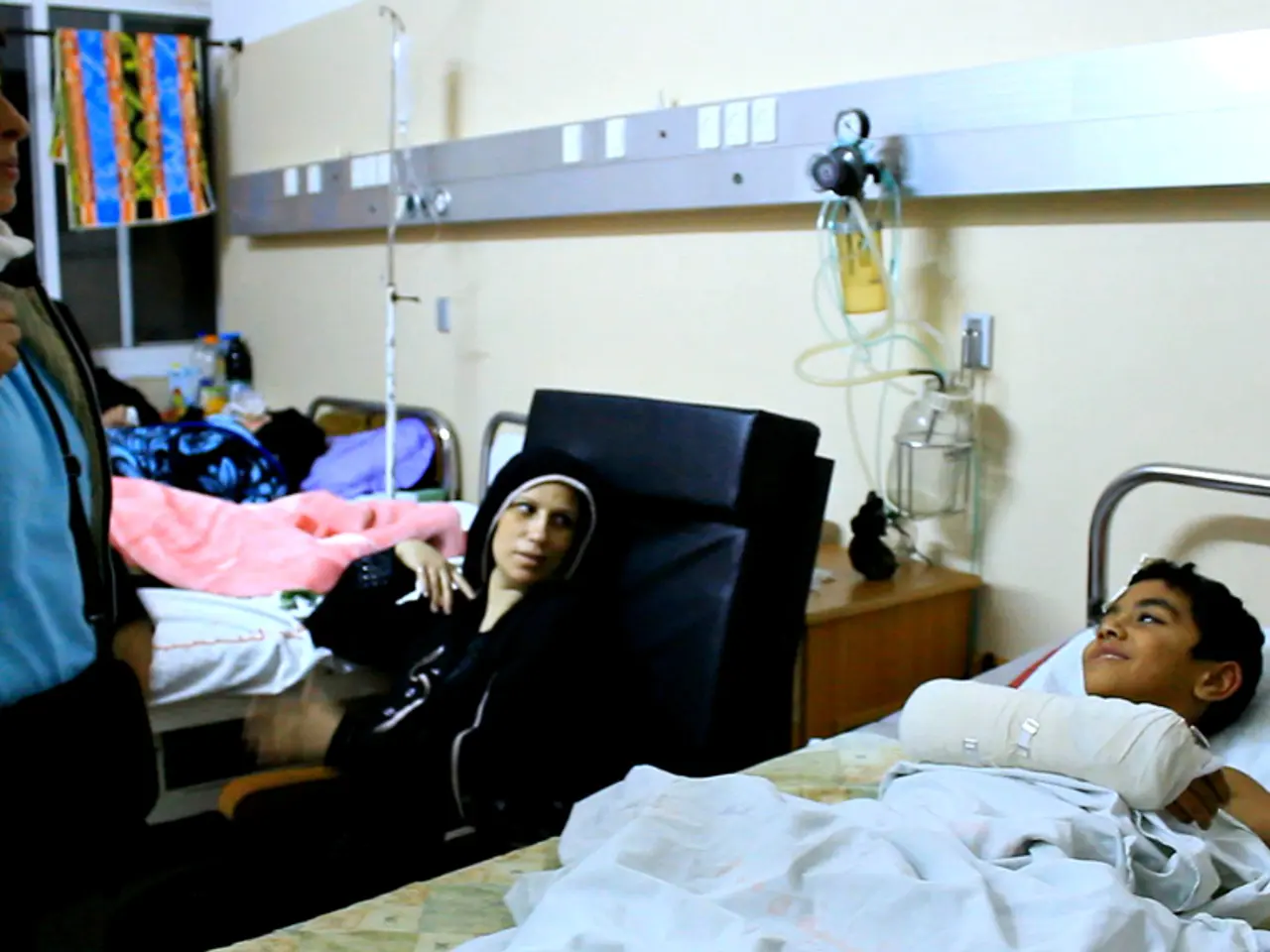Information on collaborative healthcare for Type 1 Diabetes management
Type 1 diabetes mellitus (T1DM) is a lifelong condition that occurs when the body stops producing sufficient amounts of insulin. As a person living with T1DM, you will likely have a dedicated team of health experts to help manage your condition.
Your primary care physician is your first point of contact when having health issues and may be the first to diagnose T1DM. Once diagnosed, you will be referred to a specialist, typically an endocrinologist or diabetologist, who will lead the medical management of T1DM, including insulin therapy adjustment and monitoring of glycemic control.
In addition to the endocrinologist, your diabetes care team will involve many different healthcare professionals to provide services and treatment. Diabetes nurse specialists, both adult and pediatric, provide advanced diabetes care, patient education, and support care coordination. Registered dietitians collaborate with the team to develop patient-centered, evidence-based nutrition plans that cater to each patient’s needs.
Diabetes educators, nurse care managers, and health coaches focus on patient education for self-management skills, lifestyle modifications, adherence, and psychosocial support. Multidisciplinary teams sometimes include depression care managers to address mental health comorbidities, which frequently affect diabetes outcomes.
Care coordinators or liaison professionals help coordinate transitions of care, ensure timely communication among providers, and engage patients as partners in care. Effective communication strategies tailored to patient-specific needs, cultural backgrounds, and shared decision-making processes are necessary competencies across providers for optimal care.
Additionally, it's crucial for people with T1DM to maintain regular appointments with a dentist, as diabetes can affect oral health and lead to dental problems. A podiatrist, who specializes in treating the foot, ankle, and other structures of the leg, is also essential for people with T1DM, as diabetes can cause nerve damage and increase the risk of infections in the feet.
Lastly, eye doctors, such as ophthalmologists and optometrists, are important for people with T1DM, as diabetes can affect eye health and lead to conditions like diabetic retinopathy, diabetic macular edema, cataracts, and glaucoma. A pharmacist can provide important information and education on the medications a person with T1DM may have to take.
Together, these professionals form a collaborative team that shares responsibility for medical management, education, psychosocial support, nutritional counseling, and care coordination, which is essential for comprehensive T1DM management. Confidence levels in managing advanced diabetes technologies vary by role and setting, indicating ongoing training needs, especially for hybrid closed-loop system competence beyond pump-specific nurses.
- Your primary care physician plays a pivotal role in addressing your health concerns and may be the first to detect Type 1 diabetes mellitus (T1DM).
- Initially, you might be under the care of an endocrinologist or diabetologist who supervises insulin therapy, monitors glycemic control, and manages T1DM.
- Beyond the endocrinologist, diabetes care includes various healthcare experts, such as nutritionists who design personalized nutrition plans, and diabetes nurse specialists that offer advanced care, education, and support.
- Diabetes educators and nurse care managers focus on teaching self-management skills, lifestyle modifications, and providing psychosocial support for patients.
- Mental health professionals, like depression care managers, sometimes join the team to address mental health concerns, which can significantly impact diabetes outcomes. Furthermore, professionals like dentists, podiatrists, ophthalmologists, optometrists, and pharmacists may also contribute to T1DM management by addressing oral health, foot care, eye health, medication management, and education.




